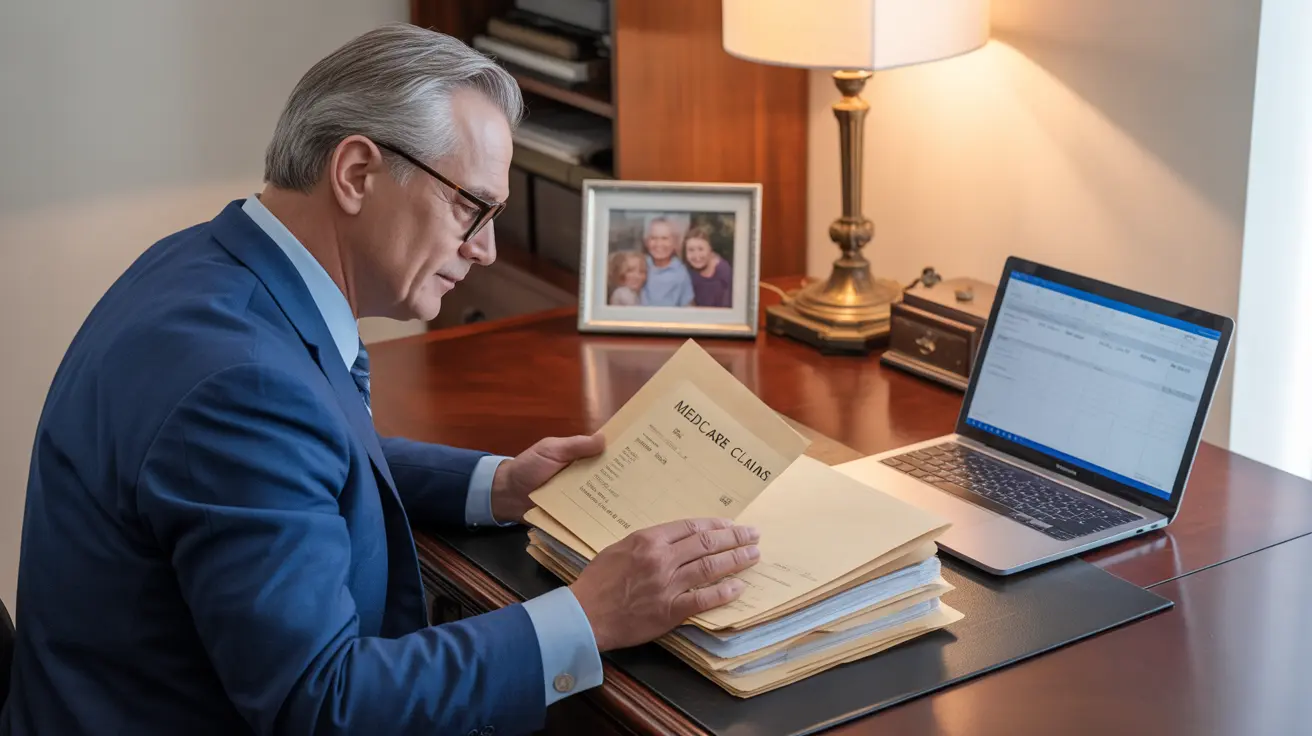When a Medicare beneficiary passes away, understanding what happens to their coverage, outstanding bills, and potential benefits becomes crucial for family members and estate administrators. This comprehensive guide explains Medicare death benefits, responsibilities for medical bills, and important steps to take following a beneficiary's death.
Understanding Medicare Coverage After Death
Medicare coverage officially ends on the date of death of the beneficiary. However, this doesn't mean that all financial matters automatically resolve themselves. There are specific procedures and considerations that survivors need to understand to properly handle Medicare-related matters.
Responsibility for Medical Bills
Medical bills incurred before the beneficiary's death must still be addressed. These expenses typically become the responsibility of the deceased person's estate. If Medicare covered services were received before death, Medicare will still process and pay its portion of these claims according to standard coverage rules.
Estate Administrator's Role
The estate administrator or executor has several key responsibilities regarding Medicare-related matters:
- Ensuring all legitimate medical claims are submitted to Medicare
- Managing any outstanding medical bills
- Coordinating with healthcare providers regarding final payments
- Maintaining accurate records of all medical expenses and payments
Reporting a Medicare Beneficiary's Death
Prompt reporting of a beneficiary's death is essential to prevent complications and potential fraud. The Social Security Administration (SSA) should be notified as soon as possible, as they handle Medicare enrollment records.
How to Report
There are several ways to report a death to Medicare:
- Contact the Social Security Administration directly
- Work with a funeral director who can report the death
- Visit a local Social Security office
- Call Medicare's main helpline
Medicare Premium Refunds
If Medicare premiums were paid in advance, surviving family members may be entitled to a refund for any months after the beneficiary's death. The refund process typically begins automatically once the death is reported to Social Security, but family members should monitor this to ensure proper processing.
Medicare Death Benefits
While Medicare itself does not provide specific death benefits or cover funeral expenses, understanding what final expenses Medicare will cover is important. Medicare will cover qualified medical expenses incurred before death, but does not provide additional death benefits or funeral assistance.
Alternative Resources for Funeral Expenses
Families seeking assistance with funeral expenses may want to explore:
- Social Security's one-time death benefit
- Veterans benefits (if applicable)
- State-specific assistance programs
- Private insurance policies
- Charitable organizations
Frequently Asked Questions
What happens to Medicare coverage and hospital bills after a Medicare beneficiary dies? Medicare coverage ends on the date of death, but will still cover qualified medical expenses incurred before death. Outstanding bills become the responsibility of the deceased's estate.
Who is responsible for unpaid Medicare medical bills after the death of the beneficiary? The deceased person's estate is responsible for any unpaid medical bills. If there is no estate, family members are generally not personally liable unless they were financially responsible for the person's care.
How do you report the death of a Medicare beneficiary and why is it important? Death should be reported to the Social Security Administration as soon as possible. This can be done through a funeral director, by phone, or in person at a Social Security office. Prompt reporting prevents improper payments and potential fraud.
Can surviving family members get a refund of Medicare premiums after a beneficiary's death? Yes, if premiums were paid in advance, survivors may receive a refund for any months after the beneficiary's death. This process usually begins automatically once the death is reported.
Does Medicare provide any death benefits or help with funeral expenses? Medicare does not provide specific death benefits or cover funeral expenses. However, Social Security offers a one-time death benefit, and other resources may be available through veterans' benefits or state programs.




